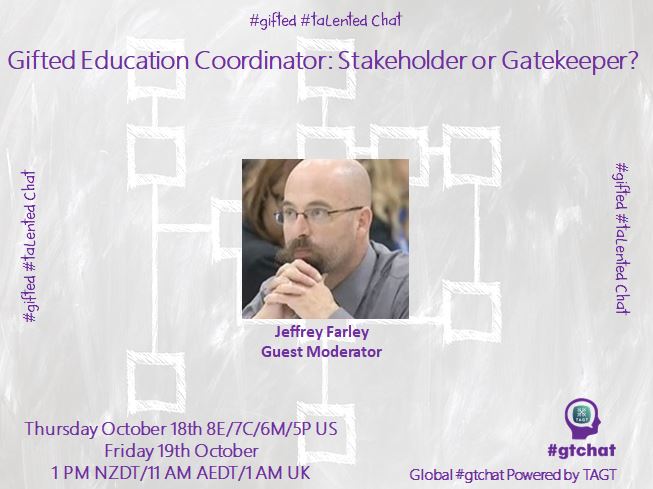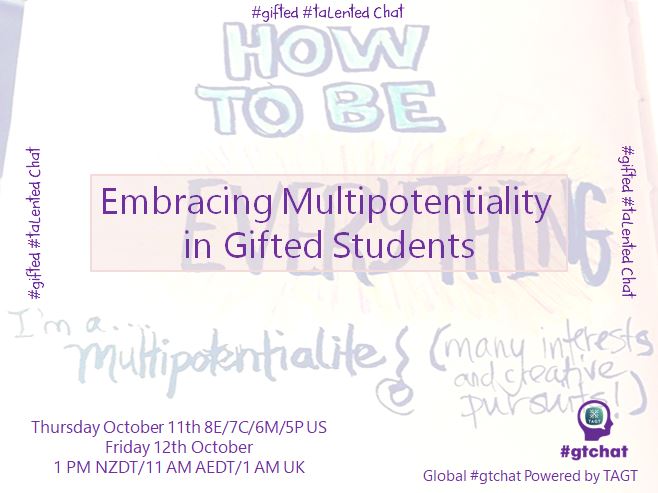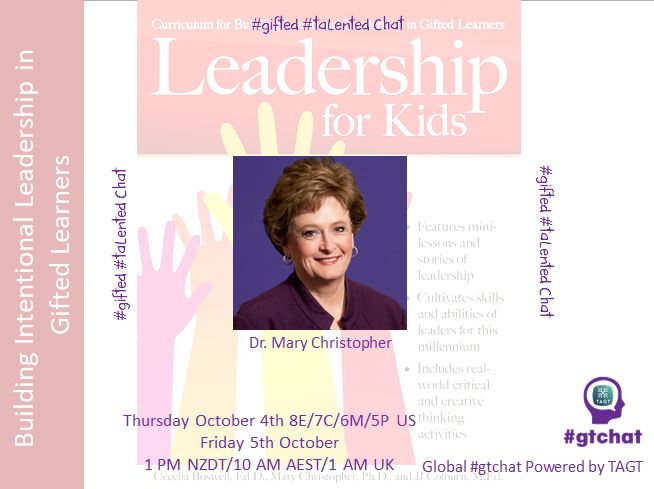
Procrastination can begin very early for gifted children and be due to multiple reasons; such as, distraction when have already mastered the work presented to them and find it lacks challenge. Gifted children are often faced with high expectations; they may procrastinate because they do not believe they can meet those expectations. Goals for these kids should be within reason and have meaning for them.
According to Dr. Gail Post – gifted children may ‘self-sabotage’ their own work in an attempt to ‘fit in’ socially with peers. Procrastination can be a response to Impostor Syndrome; lacking self-confidence. It is often seen with perfectionism; delaying tasks because they may not be good enough. Being disorganized or distracted may also lead to procrastination. Gifted children with Executive Functioning issues may lack the skills to complete assignments despite motivation.
What are some consequences of procrastination? Failure to complete tasks at school or home can lead to behavioral problems such as meltdowns or refusal to work at all. Unidentified causes of procrastination do not go away at the end of the school day and may lead to conflicts at home when parental expectations replace classroom expectations. When gifted kids grow up, chronic procrastination can have devastating effects on their ability to complete work assignments; eventually affecting their career status.
Procrastination can play a major role in ‘perfectionism’ for gifted children. It can become a coping mechanism for dealing with perfectionism. When worried about the quality of their work, gifted children may simply not do the work. Too, too many times adults expect perfection; especially with identified GT kids. Don’t do it. Be honest and realistic with the child. Consider ‘less than best’ as a path to learning.
It’s important for adults to see the signs of procrastination which may be indicated by meltdowns, arguing or power struggles. Parents and teachers can work with gifted children to realistically assess their abilities, set reasonable goals, develop planning strategies and teach organizational skills.
What signs indicate that procrastination may affect a child’s well-being? Procrastination in and of itself should not be cause for worry about a child’s well-being. When in response to specific situations, it is something we all experience at times. When procrastination is combined with other factors such as changes in eating or sleeping habits, withdrawing from friends, expressing overwhelming sadness … then it may be wise to consult a professional for guidance. A transcript of this chat may be found at Wakelet.

Global #gtchat Powered by the Texas Association for the Gifted and Talented is a weekly chat on Twitter. Join us Thursdays at 8E/7C/6M/5P in the U.S. and Fridays at 1PM NZST/11 AM AEST/1 AM UK to discuss current topics in the gifted community and meet experts in the field. Transcripts of our weekly chats can be found at Wakelet. Our Facebook Page provides information on the chat and news and information regarding the gifted community. Also, checkout our Pinterest Page and Playlist on YouTube.
 About the author: Lisa Conrad is the Moderator of Global #gtchat Powered by TAGT and Social Media Manager of the Global #gtchat Community. She is a longtime advocate for gifted children and also blogs at Gifted Parenting Support. Lisa can be contacted at: gtchatmod@gmail.com
About the author: Lisa Conrad is the Moderator of Global #gtchat Powered by TAGT and Social Media Manager of the Global #gtchat Community. She is a longtime advocate for gifted children and also blogs at Gifted Parenting Support. Lisa can be contacted at: gtchatmod@gmail.com
Resources:
Perfectionism and Procrastination in Gifted Students (YouTube :36)
Procrastination and the Gifted Child
Bust Your BUTS: Tips for Teens Who Procrastinate (GPP)
Not Now Maybe Later: Helping Children Overcome Procrastination (GPP)
Ten Ways to Help Kids Who Procrastinate (poster) (GPP)
Ten Reasons Why Your Gifted Child Procrastinates
The Real Causes of Procrastination
Perfectionism and Procrastination in Gifted Children
Procrastination—A Cry for Help
Giftedness and Procrastination
A Side Effect of Giftedness: Procrastination
Helping Kids Overcome Procrastination: Why Wait?
Moving Past Perfectionism and Procrastination (online course) via #TAGT on Demand
Procrastination…Wait, There’s a Squirrel!
Sprite’s Site: Sprite on the subject of Homework!
Sprite’s Site: White Poodle, Black Poodle
GHF: Perfectionism and Other Gifted/2E Quirks (Blog Hop)
Image courtesy of Pixabay CC0 Creative Commons
Graphic courtesy of Lisa Conrad.


